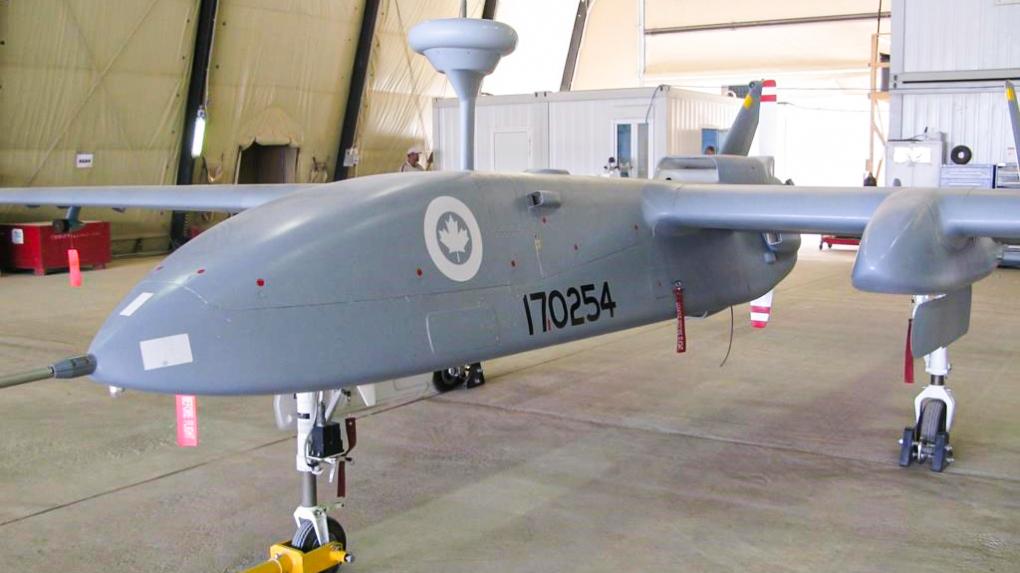OTTAWA—The federal government has officially launched a competition for the purchase of armed drones after nearly two decades of delays and discussion around whether Canada should buy the controversial weapons.
A formal request for proposals was released Friday to the two companies shortlisted to bid on the $5-billion contract, which could see the Canadian Armed Forces launch a fleet of unmanned aerial vehicles in the next few years.





